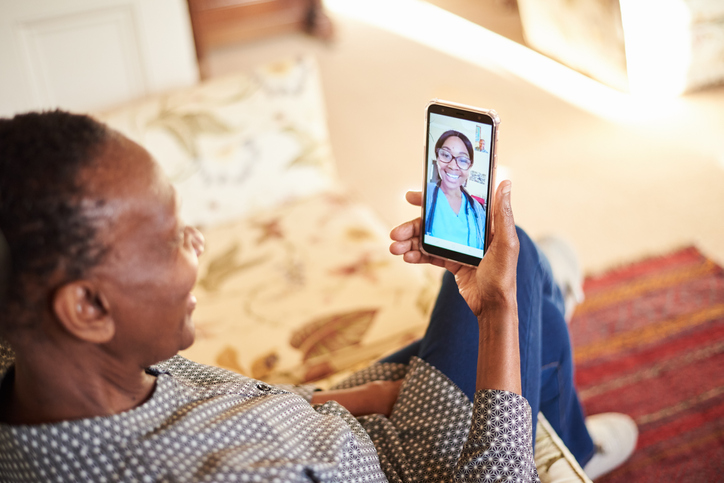
As cybersecurity threats intensify and digital demands grow, rural hospitals — often operating on shoestring budgets with skeleton IT crews — face disproportionate risks. To help address this, Microsoft recently launched an initiative aimed at shoring up cybersecurity and expanding access to AI in the country’s rural communities.
The program launched about 18 months ago in response to outreach from the White House, the American Hospital Association (AHA) and National Rural Health Association (NRHA) about rural providers’ cybersecurity vulnerabilities. The initiative has grown considerably since then, with Microsoft now working with more than 700 rural hospitals nationwide, said Laura Kreofsky, the tech giant’s rural health director, last month during an interview at the HFMA Annual Conference in Denver.
All the pressures that healthcare providers face — like staffing, cybersecurity and digital transformation — are “amplified” for rural hospitals due to their smaller budgets and fewer resources, Kreofsky explained. She zeroed on cybersecurity, noting that rural providers often lack dedicated IT and cybersecurity staff, which leaves them vulnerable to attacks and slows down modernization efforts.
“This is no joke. I work with hospitals where Wayne is the IT guy on Tuesdays, and then, on Thursdays, he’s at the bait shop, and on Fridays, he’s at the hardware store — so they are struggling to just keep up with the change of technology,” Kreofsky explained.
Microsoft’s rural health program gives rural providers free access to things like cybersecurity assessments, cyber awareness training and tech product support. The company also offers deep discounts — typically in the 60–75% off range — on its tools and software for critical access and rural emergency hospitals, Kreofsky stated.
These discounted tools have built-in cybersecurity features, allowing hospitals to upgrade while spending less, she added.
“What do you do with these savings? You put them to good use — keeping your doors open, being able to hire more nurses, being able to get your cyber staff and your IT staff more training and the certifications they need to help keep the environment safe,” Kreofsky remarked.
Microsoft is also aiming to help level the innovation playing field through its rural health AI lab. Two cohorts of rural hospitals have collaborated with the company to build AI tools for use cases including optimizing outbound referral workflows and automating insurance claim denials, Kreofsky noted.
In her view, the lab demystifies AI for rural IT teams.
“I think we’ve also sparked innovation in some of these rural hospitals. I can think of a hospital in Southern Oregon with a CIO who was part of the first cohort of hospitals. Now, he and his team are building their own AI tools, and he literally said to me, ‘If you would have told me a year ago that my team would be building generative AI tools, I would have said, You’re joking, right?’” Kreofsky said.
With the right support and tools, she believes there is a path forward where rural hospitals can turn their scrappy resilience into lasting innovation.
Photo: marekuliasz, Getty Images





